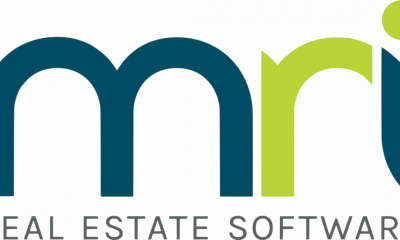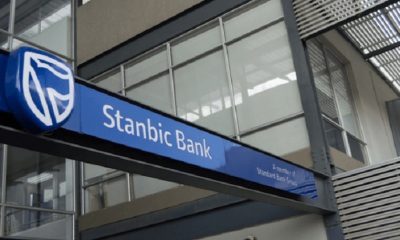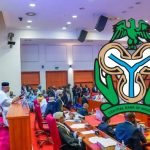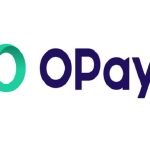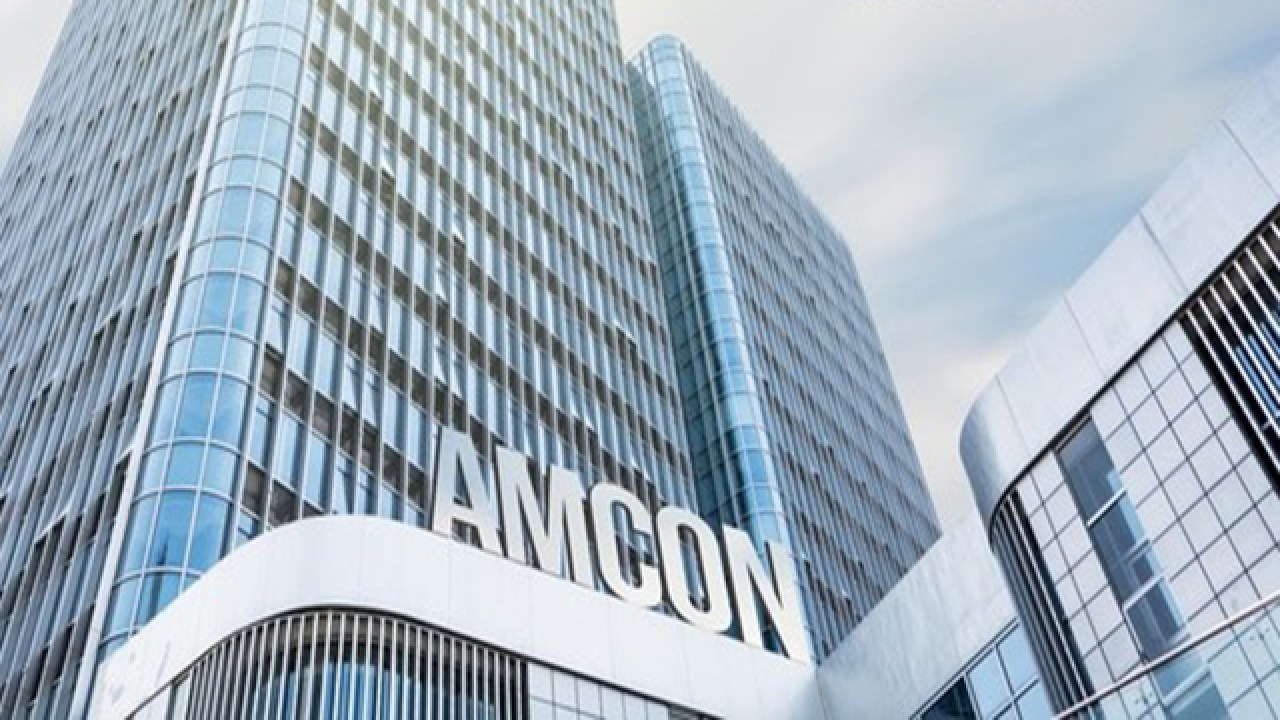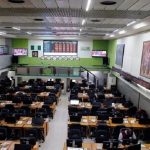Economy
Currency Flotation to Benefit Morocco’s Real Estate Market—JLL

By Modupe Gbadeyanka
A new report by JLL has thrown its weights behind the floatation of currency by the Moroccan Central Bank (Bank Al-Maghrib), saying it would benefit the nation’s real estate industry.
Recall that earlier this year, Bank Al-Maghrib introduced the gradual floatation of the Moroccan Dirham, providing more flexibility to real estate investors and paving the way for a more buoyant real estate market in the year ahead.
According to JLL’s Morocco 2018 report, the bank widened the official band within which the dirham may fluctuate to 5 per cent, with a maximum daily move of 2.5 per cent above or below the official rate.
As part of a broader monetary reform, this move is intended to bolster the competitiveness of Morocco’s economy and will potentially position the country as a regional economic hub, and the gateway to Africa.
The Moroccan economy is expected to record real growth of 4 per cent in 2018, primarily driven by increased domestic consumption and public investment, highlights the report. The economy has attracted increased levels of FDI yearly since 2005 (with the exception of 2015) with real estate attracting around half of the total FDI.
The significant increase in FDI aligns with the Moroccan government’s Vision 2020 outlining Morocco’s goals of becoming one of the world’s 20 leading tourist destinations by 2020.
Almost 40 per cent of foreign investment is from the GCC region, with a significant proportion of this total being invested in the real estate sector.
“The reforms introduced by the Moroccan government, will have a ripple effect on the real estate sector, as investors across all sectors now have the opportunity to be more flexible in their decision making,” said Craig Plumb, Head of Research, JLL MENA.
“If the currency softens against the Dollar and the Euro, this will effectively make Moroccan property cheaper for investors from markets denominated in these currencies and attract further FDI into the real estate sector across Morocco and most specifically into Casablanca,” he added.
Another factor likely to result in additional investment into the real estate sector is the launch of REIT’s that will reduce the level of investment required to own real estate and therefore expand the market to a wider range of investors.
Although there are no listed REITs on the Moroccan stock exchange as of yet, the merger of VLV and Petra in 2017 resulted in the creation of a new commercial real estate platform comprising of 27 assets (with a total GLA of more than 215,000 sq m) across 15 cities in Morocco.
Grit real estate income group (previously known as Mara Delta) has also announced plans to list its Moroccan assets separately as a REIT (with Anfa Place being a prime asset in its portfolio).
“REITs will boost the demand for investment in the office market. Casablanca is Morocco’s main commercial centre and has a significantly bigger office market than the capital Rabat. With many national and international companies located in the city there is a growing need for modern office space in Casablanca,” said Craig Plumb.
The retail market in Casablanca is largely dependent on street retail, however, organised retail malls are becoming increasingly preferred, reflected in the high footfall levels across major centres such as Morocco Mall and Anfa Place Shopping centre. “The continued move towards retail malls will create future opportunities for both developers and investors,” said Plumb.
Casablanca’s hospitality market is largely dependent on business travellers and has relatively limited hotels in the luxury segment. Occupancy rates recovered in 2017 from 62% in 2016 to 66% in 2017, owing to the performance of the 4-start hotel segment catering to conferences and exhibitions across the city.
“With the government’s vision 2020 of converting Morocco into one of the world’s hottest tourist destinations by 2020, occupancy rates seem to be growing positively. We look forward to seeing strong results in the hospitality market this year as performance shows an upward trajectory,” he added.
Being the gateway location between Europe and Africa, Morocco has attracted a number of major international manufacturers such as Renault Nissan investing in the key industrial areas. The government launched an industrial acceleration program in 2014, which is designed to generate half a million jobs in the industrial sector that will in turn significantly increase Morocco’s GDP as well as providing further opportunities for real estate developers and investors.
Economy
Food Concepts Return NASD OTC Exchange to Danger Zone

By Adedapo Adesanya
Food Concepts Plc neutralized the gains recorded by three securities, returning the NASD Over-the-Counter (OTC) Securities Exchange into the negative territory with a 0.27 per cent loss on Thursday, December 4.
Yesterday, the share price of the parent company of Chicken Republic and PieXpress declined by 34 Kobo to sell at N3.15 per unit compared with the previous day’s N3.49 per unit.
This shrank the market capitalisation of the OTC bourse by N5.72 billion to N2.136 billion from N2.142 trillion and weakened the NASD Unlisted Security Index (NSI) by 9.57 points to 3,571.53 points from 3,581.10 points.
Business Post reports that Central Securities Clearing System (CSCS) Plc went down by 50 Kobo to N38.50 per share from N38.00 per share, FrieslandCampina Wamco Nigeria Plc gained 29 Kobo to sell at N55.79 per unit versus N55.50 per unit, and Geo-Fluids Plc added 5 Kobo to close at N4.60 per share compared with Wednesday’s closing price of N4.55 per share.
Trading data indicated that the volume of securities recorded at the session surged by 6,885.3 per cent to 4.3 million units from the 61,570 units posted a day earlier, the value of securities increased by 10,301.7 per cent to N947.2 million from N3.3 million, and the number of deals went up by 146.7 per cent to 37 deals from the 15 deals achieved in the previous trading session.
At the close of business, Infrastructure Credit Guarantee Company (InfraCredit) Plc was the most traded stock by value on a year-to-date basis with the sale of 5.8 billion units for N16.4 billion, trailed by Okitipupa Plc with 170.4 million units worth N8.0 billion, and Air Liquide Plc with 507.5 million units valued at N4.2 billion.
InfraCredit Plc also finished the session as the most traded stock by volume on a year-to-date basis with 5.8 billion units transacted for N16.4 billion, followed by Industrial and General Insurance (IGI) Plc with 1.2 billion units sold for N420.2 million, and Impresit Bakolori Plc with 536.9 million units traded for N524.9 million.
Economy
Investors Gain N97bn from Local Equity Market
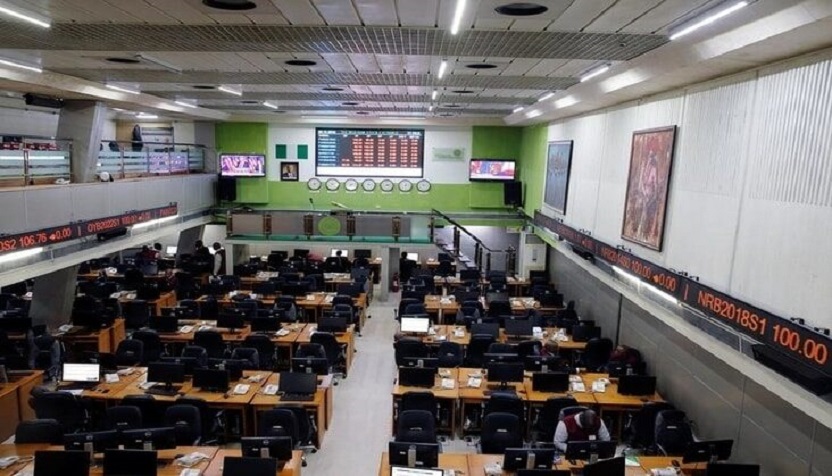
By Dipo Olowookere
The upward trend witnessed at the Nigerian Exchange (NGX) Limited in recent sessions continued on Thursday as it further improved by 0.10 per cent.
This was despite investor sentiment turning bearish after the local equity market ended with 23 price gainers and 28 price gainers, indicating a negative market breadth index.
UAC Nigeria gained 10.00 per cent to finish at N88.00, Morison Industries appreciated by 9.94 per cent to N3.54, Ecobank rose by 8.53 per cent to N36.90, and Coronation Insurance grew by 8.47 per cent to N2.56.
On the flip side, Ellah Lakes depreciated by 10.00 per cent to N13.14, Eunisell Nigeria also shed 10.00 per cent to finish at N72.90, Transcorp Hotels slipped by 9.95 per cent to N157.50, Omatek shrank by 9.23 per cent to N1.18, and Guinea Insurance dipped by 8.46 per cent to N1.19.
Yesterday, the All-Share Index (ASI) went up by 152.28 points to 145,476.15 points from 145,323.87 points and the market capitalisation chalked up N97 billion to finish at N92.726 trillion compared with the previous day’s N92.629 trillion.
Customs Street was bubbling with activities on Thursday, though the trading volume and value slightly went down, according to data.
A total of 1.9 billion stocks worth N19.2 billion exchanged hands in 23,369 deals during the session versus the N2.3 billion valued at N21.0 billion traded in 21,513 deals a day earlier.
This showed that the number of deals increased by 8.63 per cent, the volume of transactions depleted by 17.39 per cent, and the value of trades decreased by 8.57 per cent.
For another trading day, eTranzact led the activity chart with 1.6 billion units sold for N6.4 billion, Fidelity Bank traded 31.0 million units worth N589.3 million, GTCO exchanged 28.3 million units valued at N2.5 billion, Zenith Bank transacted 27.1 million units for N1.6 billion, and Ecobank traded 21.9 million units worth N744.3 million.
Economy
Naira Loses 18 Kobo Against Dollar at Official Market, N5 at Black Market
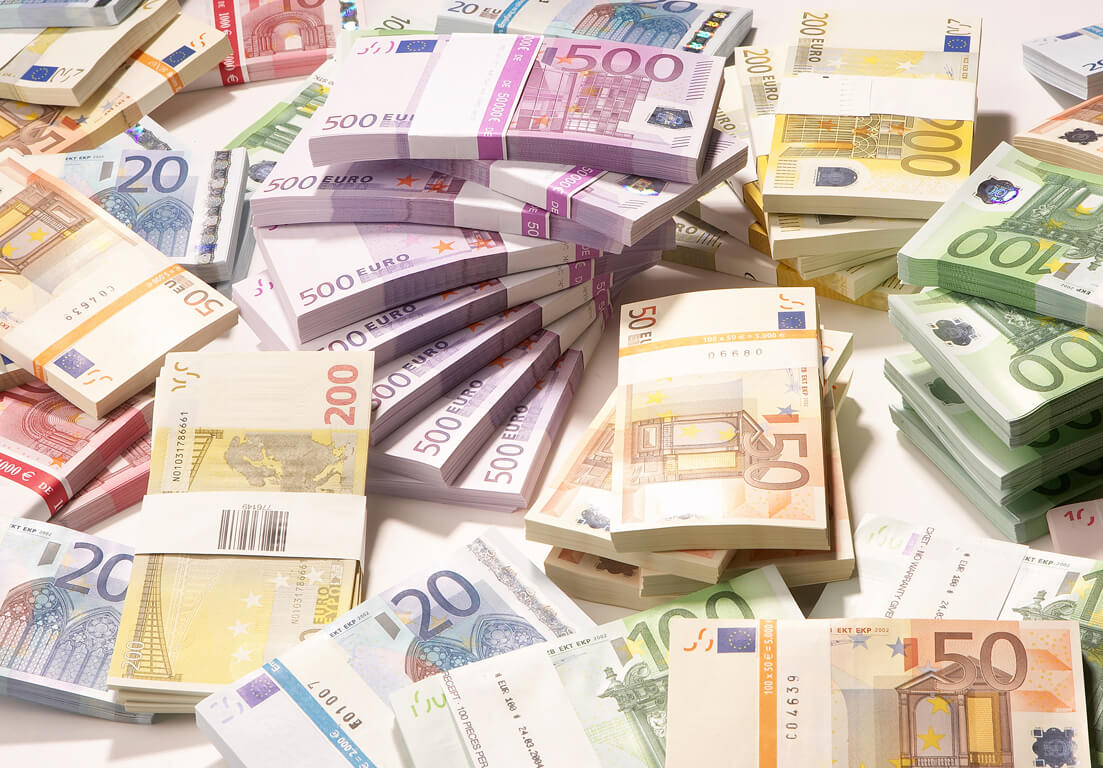
By Adedapo Adesanya
The Naira marginally depreciated against the United States Dollar in the Nigerian Autonomous Foreign Exchange Market (NAFEM) on Thursday, December 4 amid renewed forex pressure associated with December.
At the official market yesterday, the Nigerian currency lost 0.01 per cent or 18 Kobo against the Dollar to close at N1,447.83/$1 compared with the previous day’s N1,447.65/$1.
It was not a different scenario with the local currency in the same market segment against the Pound Sterling as it further shed N15.43 to sell for N1,930.97/£1 versus Wednesday’s closing price of N1,925.08/£1 and declined against the Euro by 20 Kobo to finish at N1,688.74/€1 compared with the preceding session’s N1,688.54/€1.
Similarly, the Nigerian Naira lost N5 against the greenback in the black market to quote at N1,465/$1 compared with the previous day’s value of N1,460/$1 but closed flat against the Dollar at the GTBank FX counter at N1,453/$1.
Fluctuations in trading range is expected to continue during the festive season as traders expect the Nigerian currency to be stable, supported by intervention s by to the Central Bank of Nigeria (CBN)in the face of steady dollar demand.
Support is also expected in coming weeks as seasonal activities, particularly the stylised “Detty December” festivities, will see inflows that will give the Naira a boost after it depreciated mildly last month, according to a new report.
“As the festive Detty December season intensifies, inbound travel, tourism spending, and diaspora inflows are expected to provide moderate support for FX liquidity,” analysts at the research unit of FMDA said in its latest monthly report for November.
Traders cited by Reuters expect that the Naira will trade within a band of N1,443-N1,450 next week, buoyed by improved FX interventions by the apex bank.
Meanwhile, the crypto market was down as the US Federal Reserve’s preferred inflation gauge, core PCE, likely rose in September—moving in the wrong direction. However, volatility indices show no signs of major turbulence.
If the actual figure matches estimates, it would mark 55 straight months of inflation above the US central bank’s 2 per cent target. The sticky inflation would strengthen the hawkish policymakers, who are in favour of slower rate cuts.
Ripple (XRP) depreciated by 4.5 per cent to $2.08, Solana (SOL) went down by 3.8 per cent to $138.11, Litecoin (LTC) shrank by 3.1 per cent to $83.23, Dogecoin (DOGE) slid by 2.5 per cent to $0.1463, Cardano (ADA) declined by 2.1 per cent to $0.4368, Bitcoin (BTC) fell by 0.9 per cent to $91,975.45, Binance Coin (BNB) crumbled by 0.9 per cent to $899.41, and Ethereum (ETH) dropped by 0.7 per cent to $3,156.44, while the US Dollar Tether (USDT) and the US Dollar Coin (USDC) closed flat at $1.00 apiece.
-

 Feature/OPED6 years ago
Feature/OPED6 years agoDavos was Different this year
-
Travel/Tourism9 years ago
Lagos Seals Western Lodge Hotel In Ikorodu
-

 Showbiz3 years ago
Showbiz3 years agoEstranged Lover Releases Videos of Empress Njamah Bathing
-

 Banking7 years ago
Banking7 years agoSort Codes of GTBank Branches in Nigeria
-

 Economy2 years ago
Economy2 years agoSubsidy Removal: CNG at N130 Per Litre Cheaper Than Petrol—IPMAN
-

 Banking3 years ago
Banking3 years agoFirst Bank Announces Planned Downtime
-

 Banking3 years ago
Banking3 years agoSort Codes of UBA Branches in Nigeria
-

 Sports3 years ago
Sports3 years agoHighest Paid Nigerian Footballer – How Much Do Nigerian Footballers Earn






